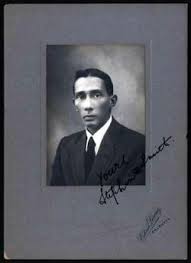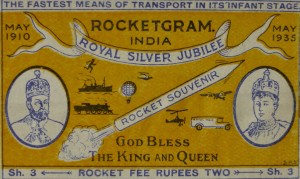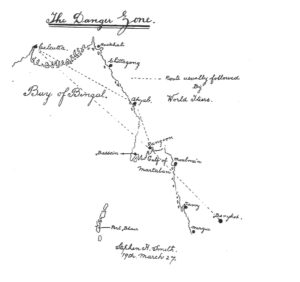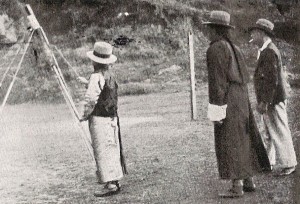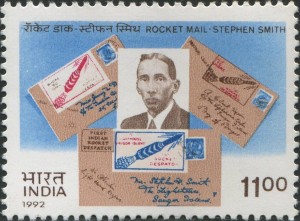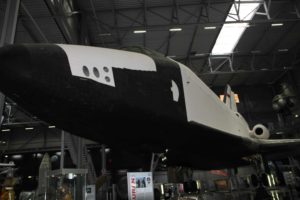 Cloud computing has been an information technology (IT) buzzword for many years and now it’s firmly ensconced in the mainstream of ICT and business. Various forms of cloud computing, such as “Software as a Service” (SaaS) provide a more cost-effective alternative for enterprises to achieve their business objectives than traditional computing systems.
Cloud computing has been an information technology (IT) buzzword for many years and now it’s firmly ensconced in the mainstream of ICT and business. Various forms of cloud computing, such as “Software as a Service” (SaaS) provide a more cost-effective alternative for enterprises to achieve their business objectives than traditional computing systems.
In some areas of business, such as records management, cloud computing has high visibility because it is associated with large costs savings. However, cloud computing can be used in a less high profile manner in other areas of a business, from marketing to engineering, from contact database management to employee management and word processing. Cloud computing can be easily adopted, but with that adoption can come both obvious and hidden difficulties of great importance.
But is cloud computing for everyone? What are the contractual and legal risks of cloud computing? How should they be addressed? How can they be minimised and avoided? This talk examines how cloud computing can be adopted and the dangers avoided on a practical level.
- Among the aspects of cloud computing that Dai will cover are:
- What is the relationship between cloud computing, SaaS and similar services?
- How, when and why is cloud computing used in companies?
- How, when and why should cloud computing be used?
- Security due diligence and data security implications
- Control and ownership of data in the cloud
- Dealing with termination and other practical issues
About the Speaker
Dai is a Technology Lawyer. He read Physics at Keble College, Oxford and took a Masters Degree in Computing Science at the University of Newcastle-upon-Tyne before qualifying as a Solicitor. He is a qualified Chartered Engineer and Member of the Institution of Engineering and Technology. Dai is an active member of the Society for Computers and Law in the United Kingdom and has been Chairman of its Northern Branch and a member of the Council of that Society. Dai has consistently been recommended in the Legal 500 and in Chambers Guides to the Legal Profession.
